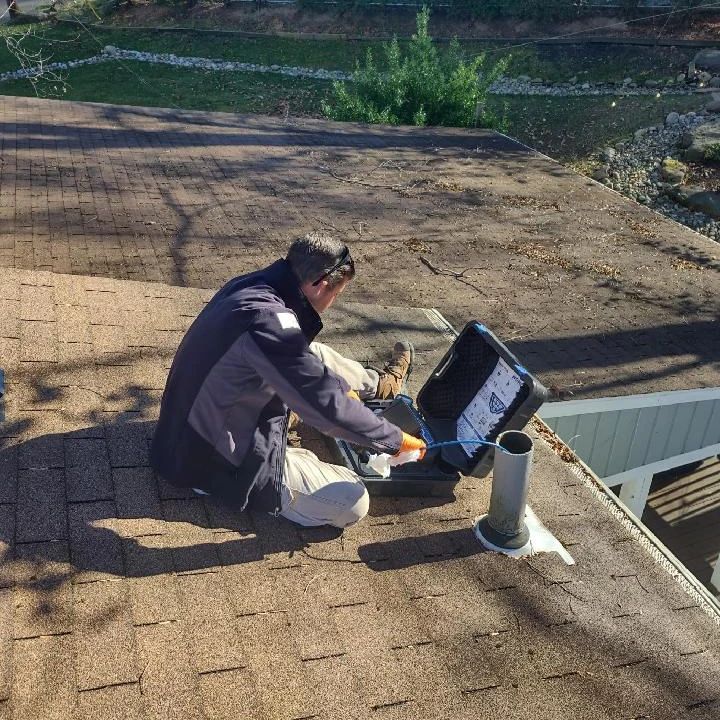How Is Technology Changing the Traditional Home Inspection Process?

In the world of real estate, the traditional processes are continually evolving, and one area that’s seen significant change is home inspections. Thanks to advancements in technology, the way homes are inspected and evaluated has transformed dramatically, offering both buyers and sellers a more comprehensive and efficient experience.
Here are some key ways in which technology is reshaping the traditional home inspection process:
Enhanced Reporting:
Technology has revolutionized the way inspection reports are created and delivered. Instead of relying on handwritten notes and printed reports, inspectors now use specialized software and apps to input data and generate digital reports. These digital reports can include detailed descriptions, annotated images, videos, and even 3D models, providing a more comprehensive overview of the property’s condition.
Drones for Roof Inspections:
Drones have become a game-changer in the inspection industry, especially for assessing roofs. Inspectors can now use drones equipped with high-resolution cameras to capture detailed images of the roof, allowing for a closer examination without the need for ladders or scaffolding. This technology not only improves safety but also enables inspectors to identify potential issues that may not be visible from the ground.
Thermal Imaging for Detecting Issues:
Thermal imaging technology has proven to be invaluable in detecting hidden issues within a property. By capturing infrared images, inspectors can identify areas of heat loss, moisture intrusion, electrical hotspots, and even pest infestations that may not be visible to the naked eye. This non-invasive technique provides a more thorough assessment of the property’s condition.
Mobile Inspection Apps:
Mobile apps designed specifically for home inspections have streamlined the entire process. Inspectors can now use tablets or smartphones to record data, take photos, and input inspection findings in real-time. These apps often come with customizable templates, checklists, and digital signature capabilities, making the inspection process more organized and efficient.
Virtual Reality (VR) Tours:
Virtual reality technology is revolutionizing the way properties are showcased and inspected. Buyers can now take virtual tours of homes using VR headsets, allowing them to explore every corner of the property as if they were physically present. For inspectors, VR technology can be used to create immersive inspection experiences, enabling them to conduct remote inspections with greater accuracy.
AI and Machine Learning:
Artificial intelligence (AI) and machine learning algorithms are being utilized to analyze inspection data and identify patterns or anomalies. These technologies can help inspectors spot trends in property conditions, predict potential maintenance issues, and provide more accurate assessments based on historical data.
Technology has significantly transformed the traditional home inspection process, offering improved accuracy, efficiency, and convenience for all parties involved. As these technologies continue to advance, we can expect further enhancements that will continue to shape the future of home inspections in real estate.
